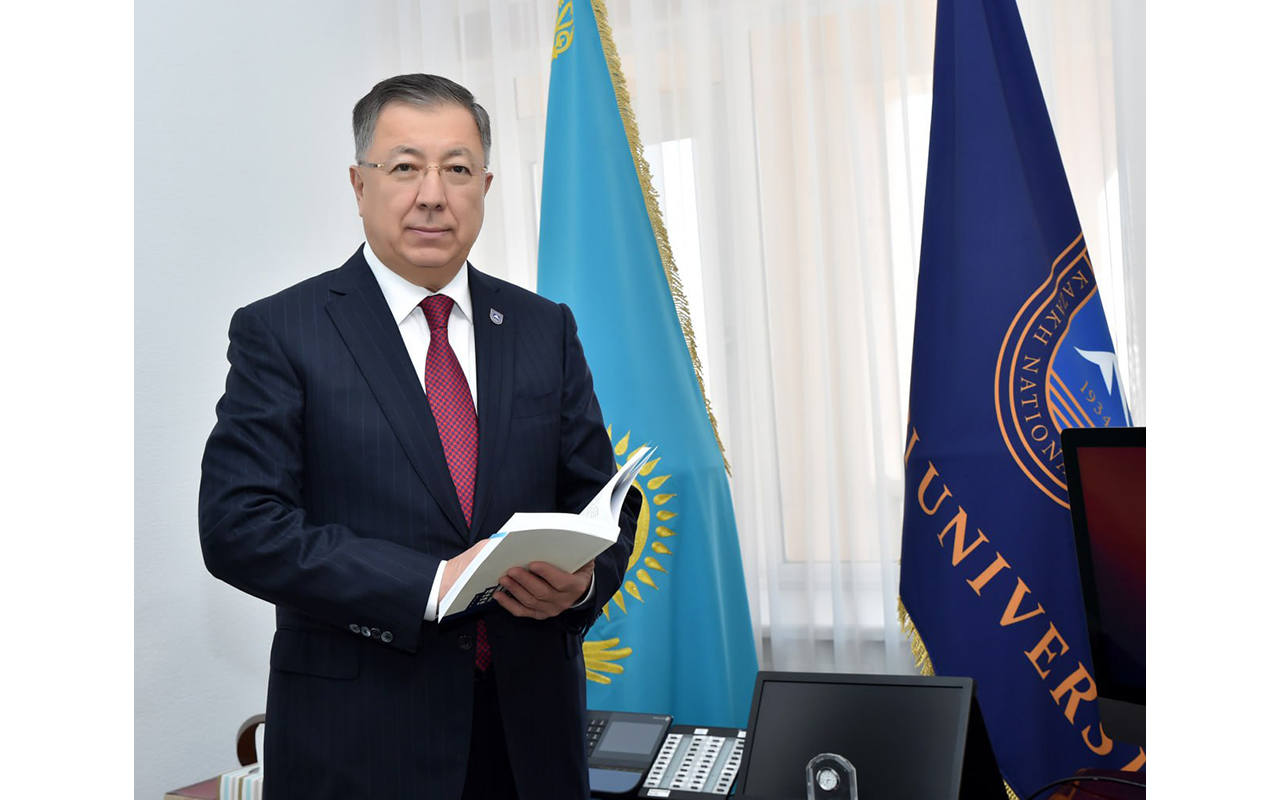Hungarian professor gave a leadership lecture in KazNU
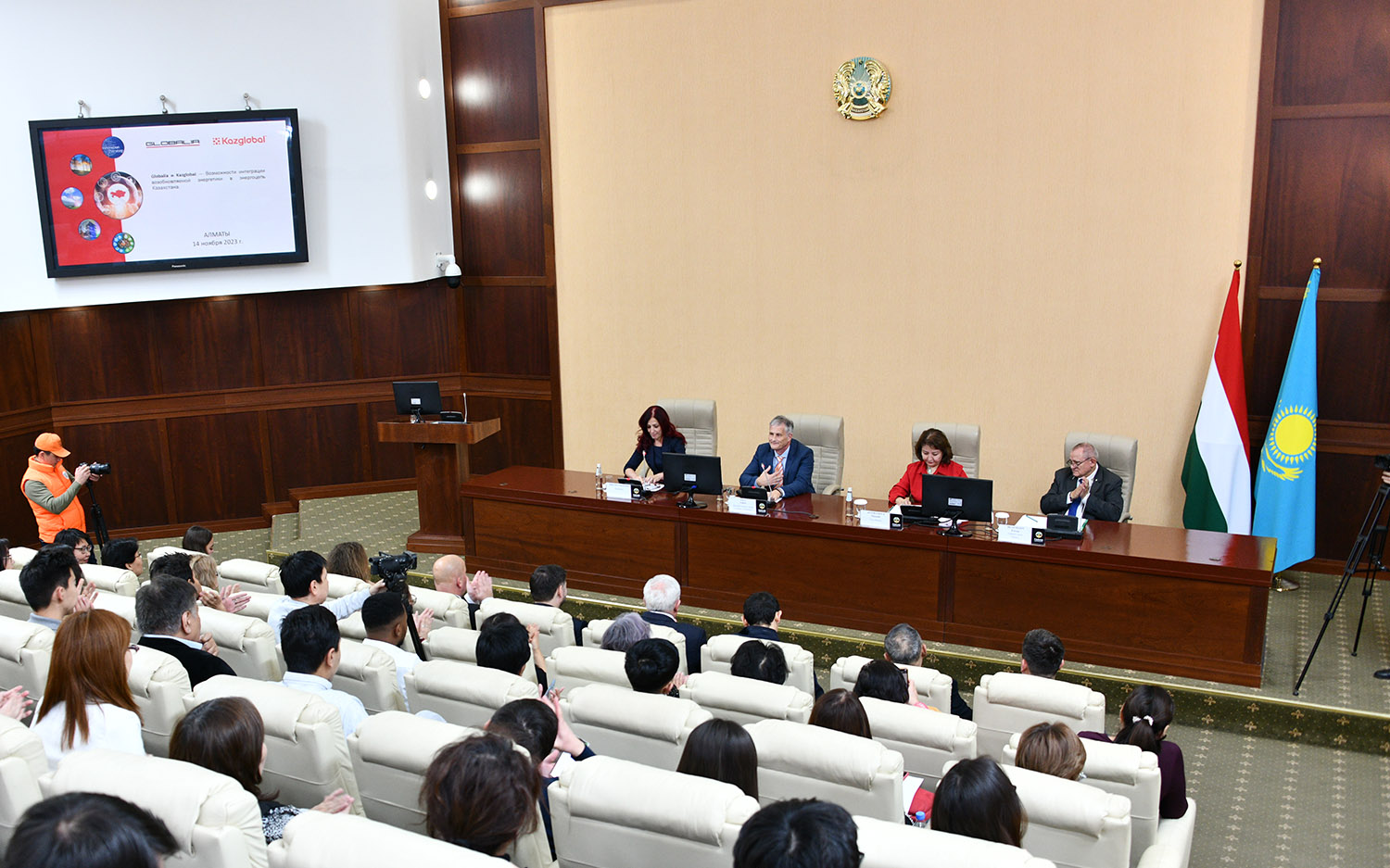
Gábor Szagy, Hungarian professor and CEO of Globalia, gave a leadership lecture at the Al-Farabi Kazakh National University on "Opportunities for integrating renewable energy into Kazakhstan's energy chain".
The guest of honor was introduced to the audience by Zhamila Aitzhanova, member of the Board - Vice-Rector for Scientific and Innovative Activities of Al-Farabi Kazakh National University. The Vice-Rector of the university emphasized that under the leadership of Professor Gabor Shagi a number of projects such as "Solar Parks", "Business and IT-consulting", "Banking support", etc. are being implemented in Kazakhstan.
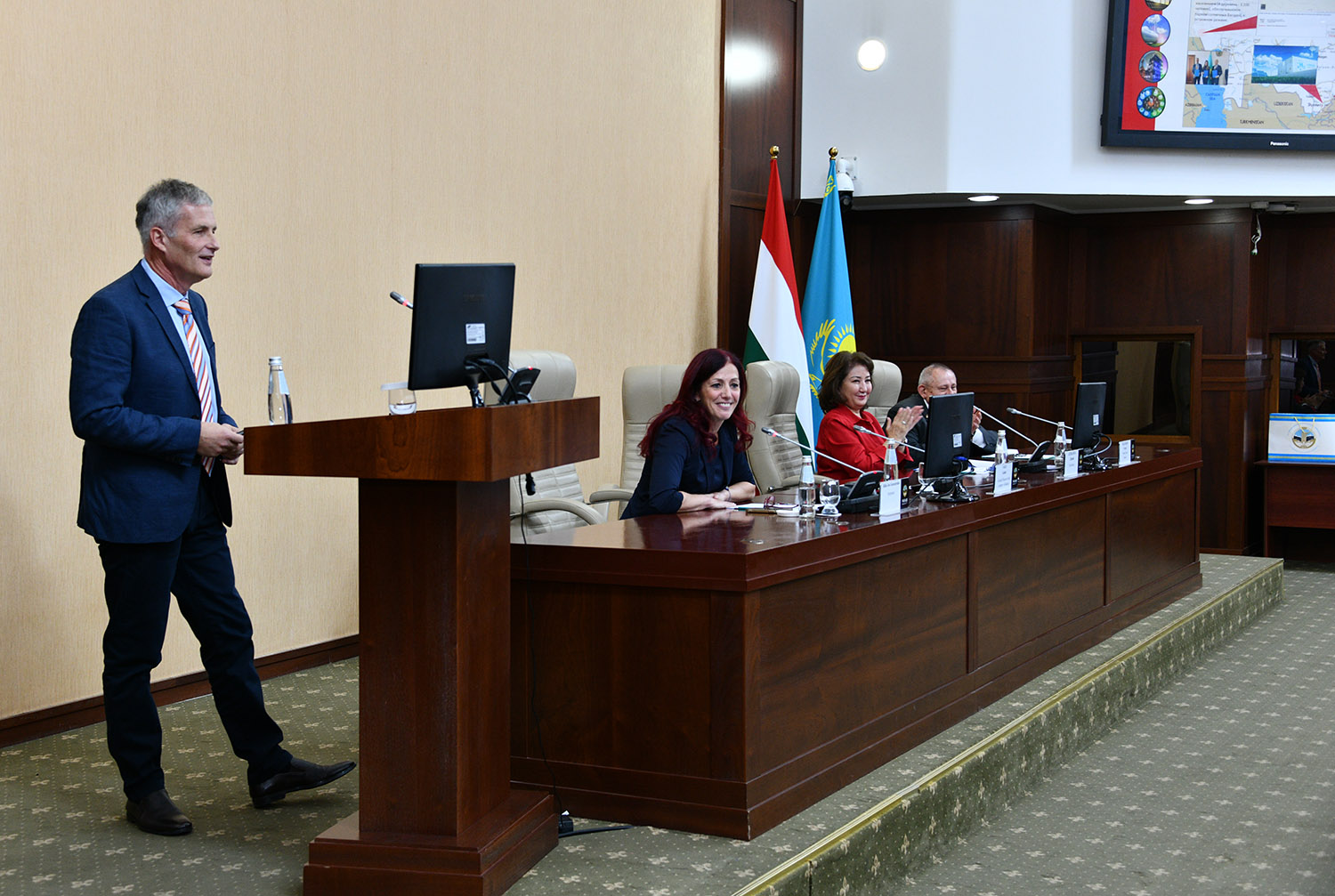
"It should be noted that on November 2 of this year, the President of the Republic of Kazakhstan Kasym-Jomart Tokayev met with the Prime Minister of Hungary Viktor Orban. At the meeting, important agreements were signed, under the terms of which Globalia will build solar energy stations in several regions of Kazakhstan. I sincerely wish you success," said the Vice-Rector.
Prof. Gabor Shagi thanked the leadership of KazNU for a warm welcome and expressed great interest in cooperation with the leading university of Kazakhstan. The professor's lecture was devoted to the topic "Opportunities for the integration of renewable energy in the energy chain of Kazakhstan", especially relevant in the light of the agenda of the Sustainable Development Goals. In June 2022, Globalia Kft. opened an office of Kazglobal Ltd, an environmental services company, in Kazakhstan, at the AIFC. "We are implementing many projects in Kazakhstan. For example, in the Atyrau region a comprehensive regional program for the development of renewable energy has been implemented. Power supply of settlements with a population of 1200 people is provided by a park of solar panels in island mode," the professor said. He also noted that during the ratification of the Kyoto Protocol, Kazakhstan set an important task to produce a significant share of the country's electricity from renewable energy sources. Based on these goals, Kazakhstan intends to achieve 30 percent of electricity production from renewable energy sources by 2030.
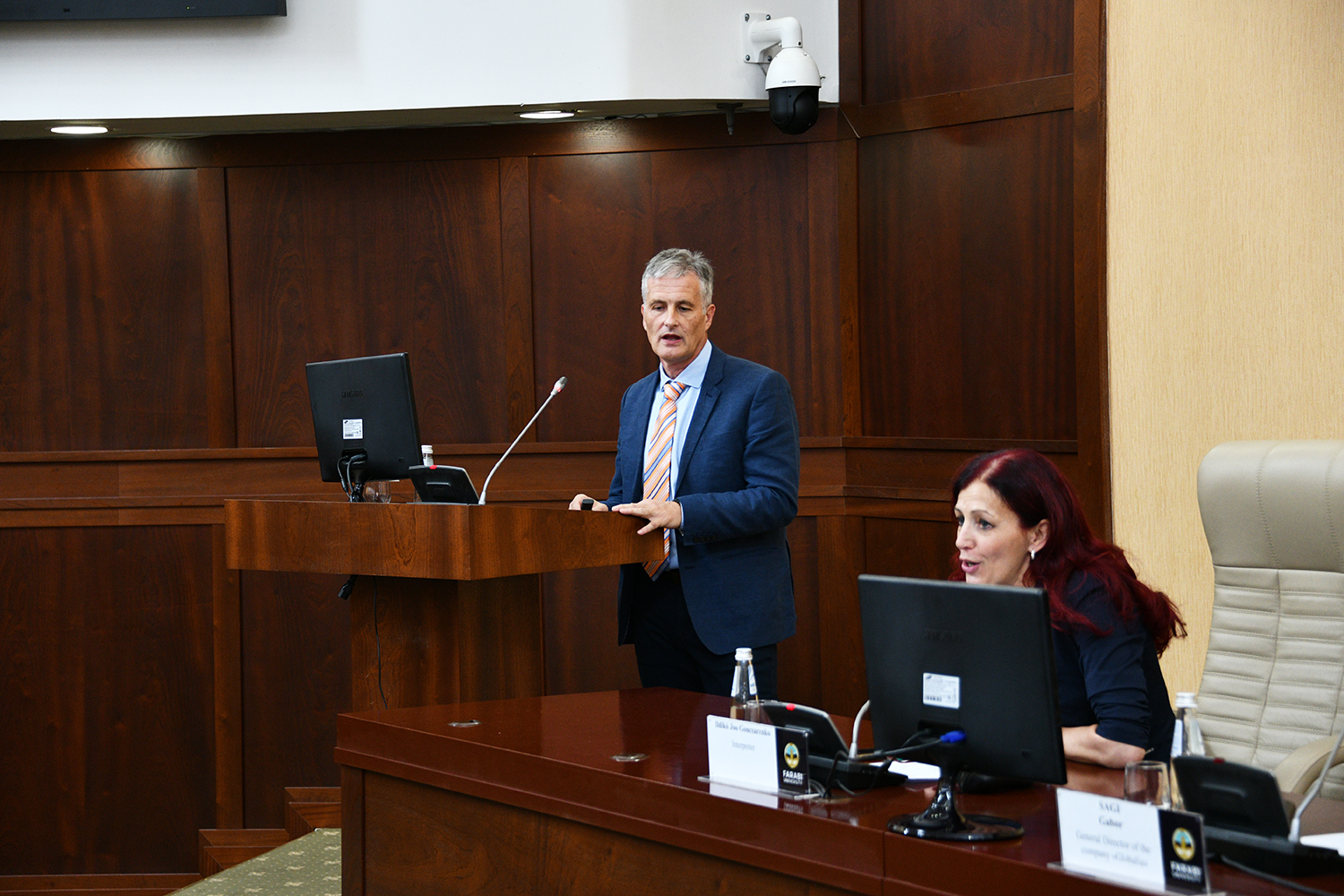
"By 2050, this value should reach 50 percent. Kazakhstan is not only a country rich in mineral resources, but also has significant potential for solar power generation.
Based on geographical and environmental conditions, Kazakhstan has a significant, but so far untapped potential for solar energy, which could play a significant role in Kazakhstan's economy, in its energy sector," the lecturer said.
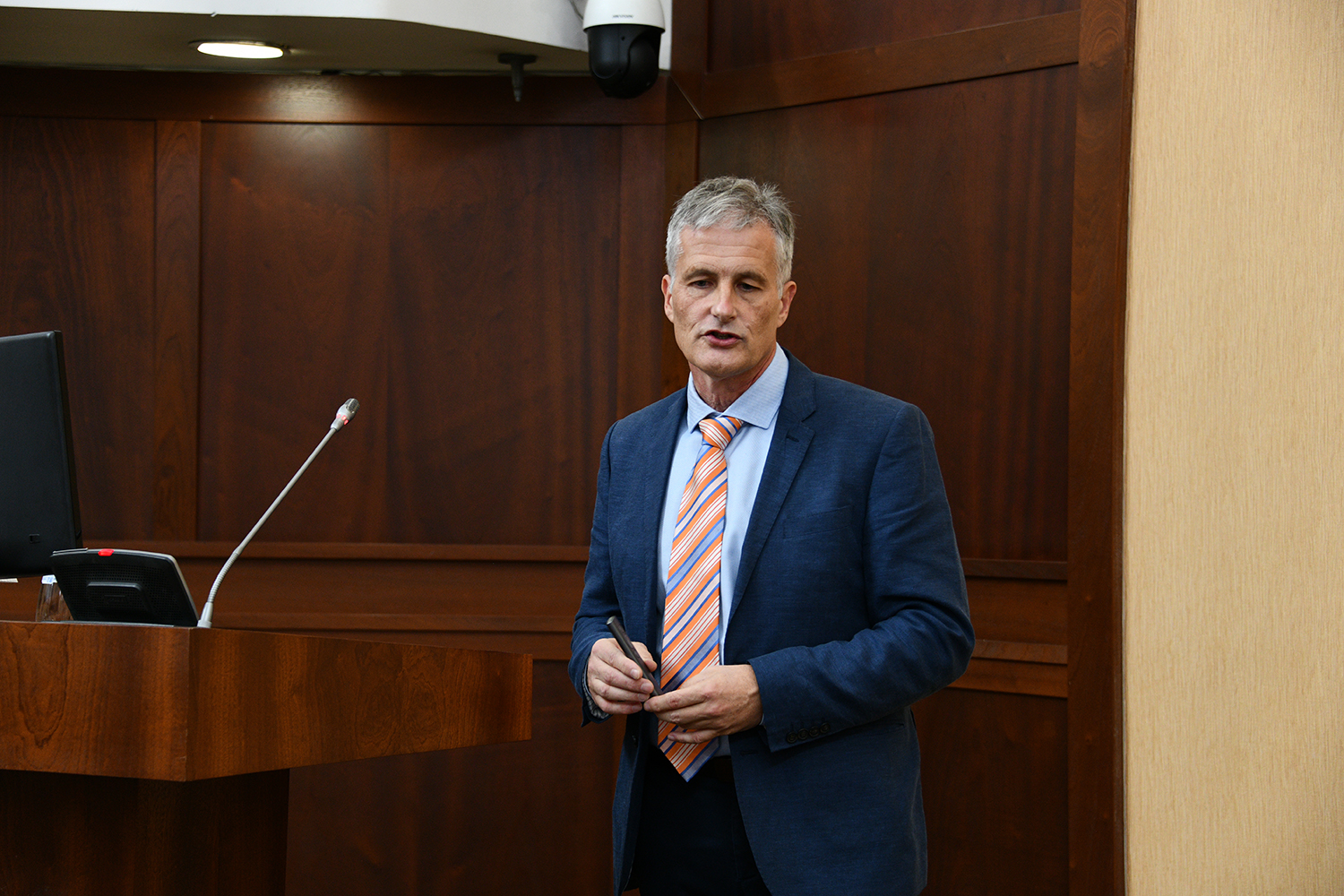
The professor listed the main factors and challenges negatively affecting the energy sector and hindering the dynamic spread of capacities that generate electricity from renewable energy sources. The lecturer emphasized that Kazakhstan should use renewable energy sources in its energy system as much as possible, and "Kazakhstan needs to increase its energy production capacity in such a way as to minimize the burden on the Kazakhstani budget, increase its own energy security and reduce dependence on external energy suppliers. The Republic of Kazakhstan should become a key player in the development of the region's energy sector," said Gabor Shaghi.
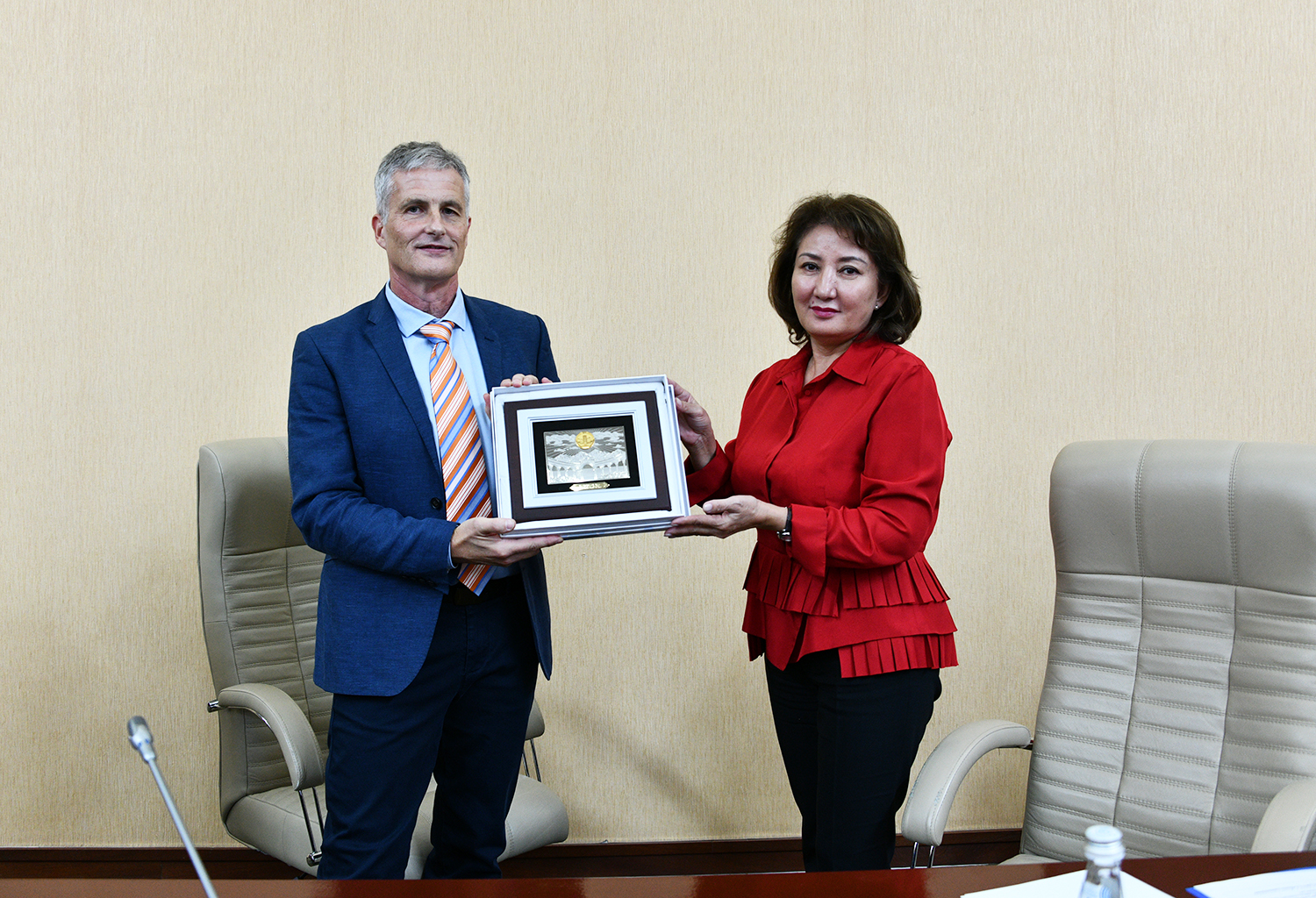
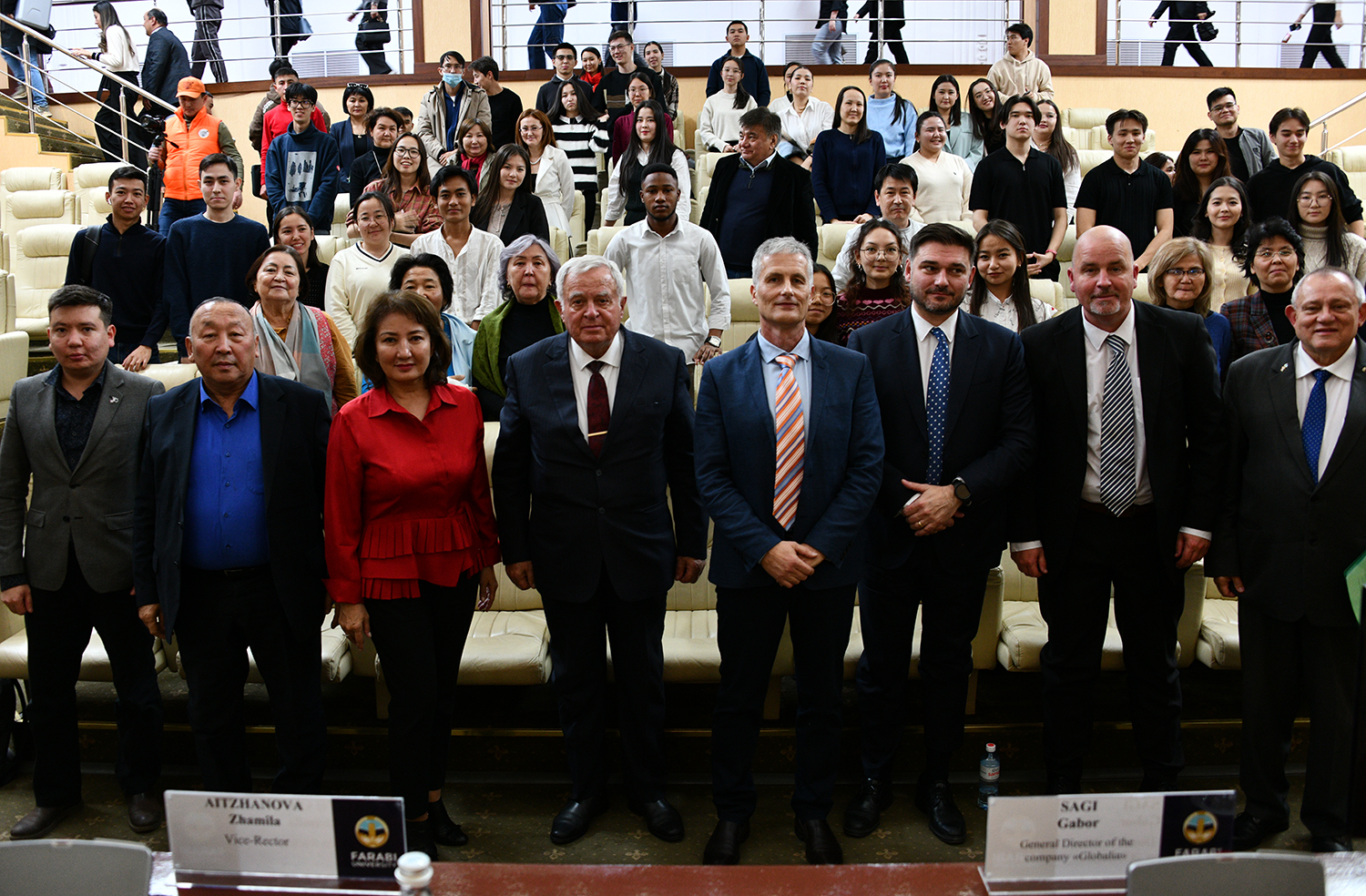

It should be noted that the lecture was held in the framework of the implementation of the Sustainable Development Goals. At the end of the lecture, the professor answered questions from the audience.
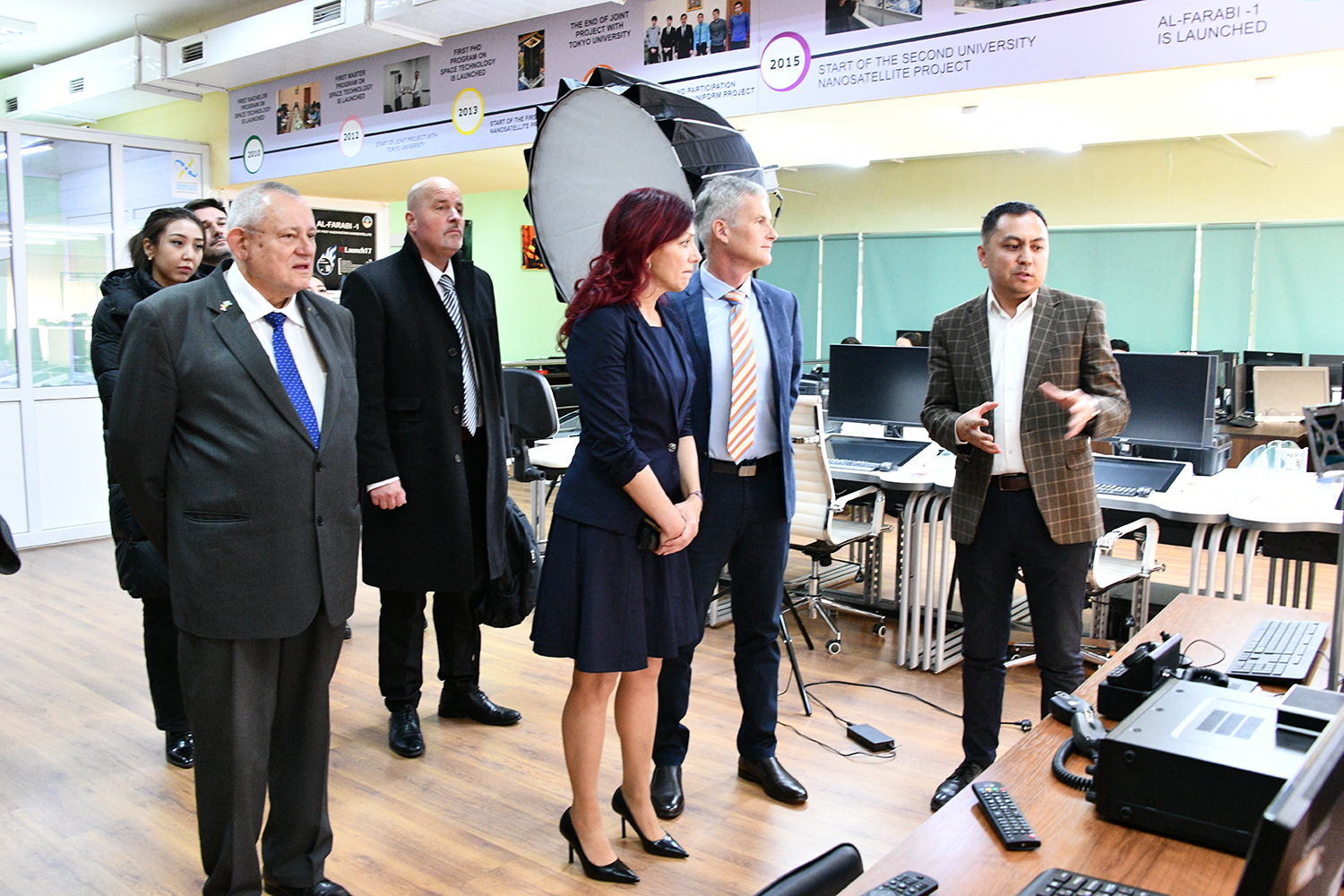
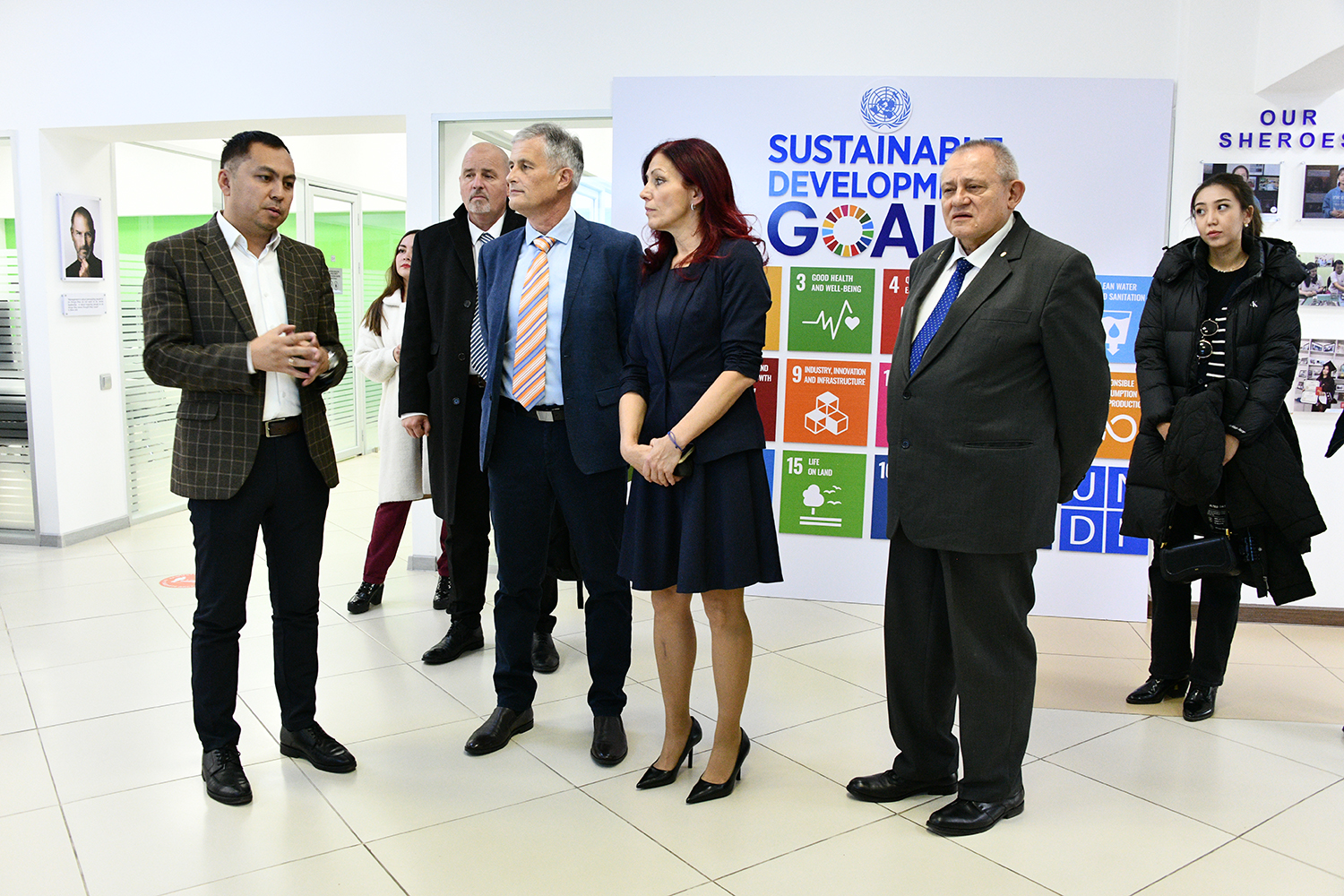
 Press-service of Al-Farabi Kazakh National University
Press-service of Al-Farabi Kazakh National University
